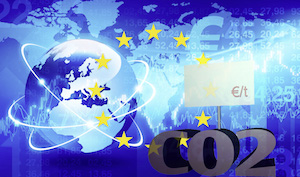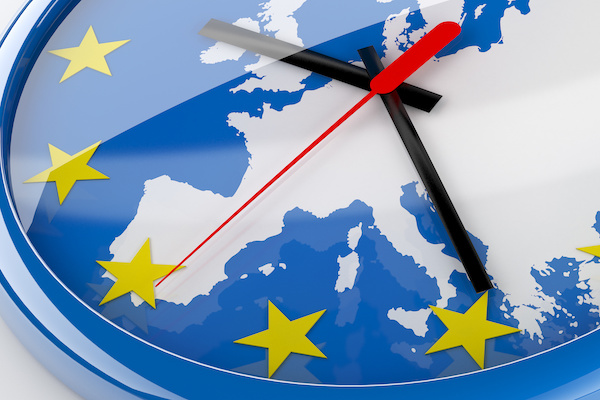04 May 2016
Setting a sufficient carbon price is the challenge of cop21 success


With this sentence, President of France François Hollande opened the discussion on climate at the 4th Environment conference, held on April 25th in Paris. On this occasion, he noted that “the reform of [the emission trading] scheme is essential” because it “poorly functions” and, in particular, because “prices are too low and too volatile”. UFE strongly shares this perspective and has always called for progress to be achieved in this direction…
UFE has always called for a clear and incentive carbon price signal at the European level to achieve the energy transition towards a low-carbon economy, constantly supporting the various initiatives aiming to strengthen the ETS.
Indeed, the challenge that energy actors are currently facing is twofold. On the one hand, the CO2 price level is too low to drive their investment and operation decisions towards the use and development of low-emitting technologies – including in energy efficiency and renewable energy. On the other hand, this carbon signal is clearly lacking strength in the long term.
It is consequently essential to structurally readjust and reinforce the ETS system. UFE recently published its recommendations around three major axes:
Creating a CO2 price corridor on the EU ETS at the European level
A price corridor within the European carbon market would reinforce the CO2 price predictability and create a strong and credible incentive for the use, maintenance and development of carbon free (wind, solar, nuclear, hydro) or low carbon (gas) energy sources over coal and oil. By relying on the stability reserve that will be established in 2019, the corridor would strengthen the ETS mechanism as a key instrument of the transition towards a low-carbon economy.
Laying out an ambitious trajectory for the corridor’s minimum price at the European level for the electricity sector
In order to achieve quick wins, UFE recommends focusing on creating a progressive and ambitious corridor trajectory that reaches €30/t as quickly as possible – 2025 at the latest – given that the recently published ADEME – RTE study shows that a meaningful CO2 reduction of the European power sector occurs from such a price level (about 100 million tCO2/year, representing 15% of the sector’s total emissions).
Taking into account the impact on carbon-intensive industries and consumer purchasing power
In order to limit the impact that such measure would have on economic competitiveness, it seems necessary to create compensatory measures for the direct and indirect effects on industries concerned and on household purchasing power.
These three recommendations from the French power sector fall within the framework of Minister Ségolène Royal’s initiative, who entrusted Gérard MESTRALLET, Pascal CANFIN and Alain GRANDJEAN with a mission aiming to facilitate the introduction of a price corridor on the European carbon market. UFE will notably be auditioned for this mission in the upcoming days. Beyond this initiative, François HOLLANDE furthermore announced last Monday that France “will unilateral commit to set a carbon floor price. This floor price will provide investors with greater visibility and encourage, for the specific electricity sector, the use of gas instead of coal”. UFE will pay great attention to the practicalities of the implementation of this floor price in France that the Government will present this year.
Find out more
02 June 2020
“Long live Europe”: it’s time for Europe!
25 February 2020
Brexit: love last 47 years


About us
The Union of the French Electricity Industry is the trade association of the French electricity sector. We bring together companies from the whole value chain of the electricity industry.
Find out more









